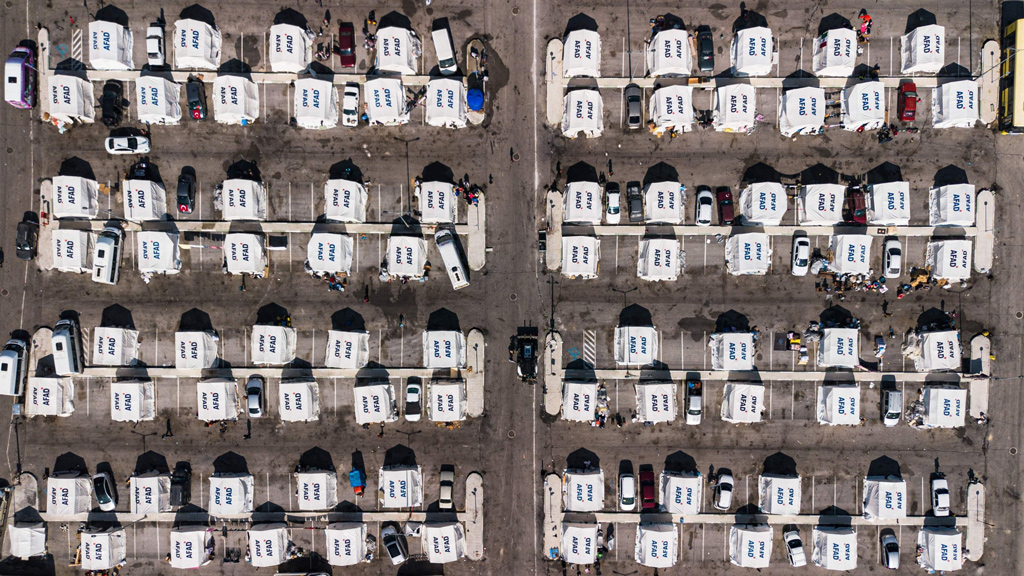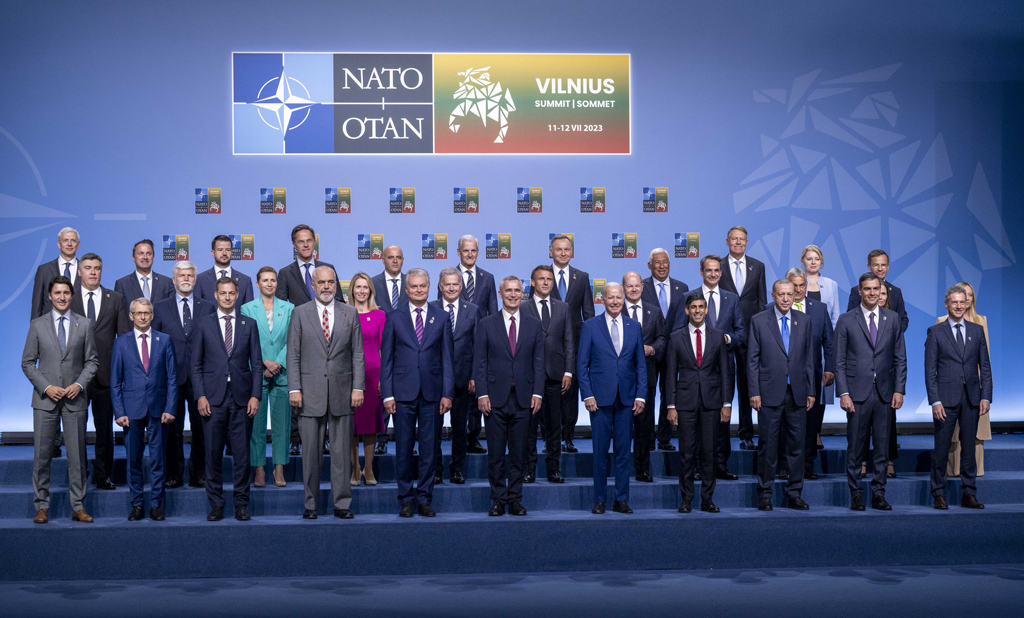Eeryone seems to agree that
the Feb. 6 earthquakes will be the main subject of debate ahead of Türkiye’s upcoming elections.
Indeed, opposition leaders have been heavily criticizing AFAD, the country’s Disaster and Emergency Management Authority, over its perceived shortcomings in the earthquake’s immediate aftermath.
Having refused to meet President Recep Tayyip Erdoğan, even in the name of national solidarity, against the backdrop of search and rescue efforts, CHP Chairperson Kemal Kılıçdaroğlu set a high bar for critics by saying that President Erdoğan was the “disaster of the century.” The Good Party's (IP) Chairperson Meral Akşener and the other "table for six" members soon followed suit.
Right now, some opposition figures are
trying to create protest waves with disinformation campaigns on how “the state ended up under the rubble” and calls for the government’s resignation at football stadiums. They hope to merge criticism over democracy, the economy and the earthquake response to promote the “republic’s second century” at the government’s expense.
Even before the twin earthquakes, I posited that the election campaign would be defined by a clash between two concepts: “Türkiye’s century” and the “second century.” Both sides see the upcoming elections as “critically important” and want to take stock of the republic’s first century. The politically and emotionally charged situation, in which the disaster unfolded, makes an unreserved confrontation more likely.
Kılıçdaroğlu's plan in final stage
Currently, in the final stage of his plan to impose himself as the opposition’s joint presidential candidate, Kılıçdaroğlu is not the only politician eager to pick a fight. Pro-opposition commentators insist that the upcoming elections represent a “question of life and death” by taking advantage of the twin earthquakes. They argue that the People’s Alliance’s potential victory shall “consolidate the authoritarian regime” and make it impossible for the Turkish people to “even dream of democracy” for an indefinite amount of time.
Meanwhile, in academia, opponents label Türkiye by tapping into the body of literature on “competitive authoritarianism” to fuel concerns over the future through a blend of democracy and earthquakes. In this sense, they attempt to downplay the country’s state and democratic capacity.
By describing President Erdoğan as “the only true disaster,” the opposition attempts to project the “fear” of earthquakes on the government. Until now, the government has not responded to those accusations. Instead, President Erdoğan personally oversees the recovery and rebuilding of quake-hit cities. On Monday, he visited Adıyaman, where the disaster resulted in severe devastation, to make amends: “Unfortunately, we could not perform activities here as effectively as we wanted due to the quake’s destructive impact, inclement weather and the challenge of damaged buildings.”
That statement complements the government’s earlier pledge to rebuild everyone’s homes within one year. As such, Erdoğan signals that he is best equipped to rebuild the quake zone and prepare Türkiye for future disasters by healing the wounds of survivors.
Opposition fuels future concerns
Everyone witnessed the massive devastation that the Feb. 6 earthquakes caused.
The opposition builds on that shock to fuel concerns over the future – which continues to escalate political tensions. Both sides will start campaigning harder once the elections are formally scheduled and the table for six endorse a candidate. It would be a huge surprise for Kılıçdaroğlu not to contest the presidential election. There is no reason to expect the main opposition leader to soften his tone upon receiving the opposition bloc’s endorsement either.
Could Kılıçdaroğlu, who has been extremely combative, change his tone overnight?
We already know that he does not care about inconsistency. Yet the Turkish people will always remember Kılıçdaroğlu’s destructive brand of opposition and threats. Neither Akşener nor other right-wing parties have what it takes to contain the CHP’s revanchism either. That’s why Kılıçdaroğlu is highly unlikely to inspire hope among Turkish voters.
President Erdoğan has enough experience to position himself as the only person that could rebuild Turkish cities. He is already working hard on the ground, without pause, to heal the wounds. The opposition, by contrast, is preoccupied with picking a presidential candidate and trying to manipulate the people.
Indeed, they do not even miss an opportunity to polarize Turkish society through sporting events. This is not about caring for the earthquake’s survivors or giving them hope.
[Daily Sabah, March 3 2023]









